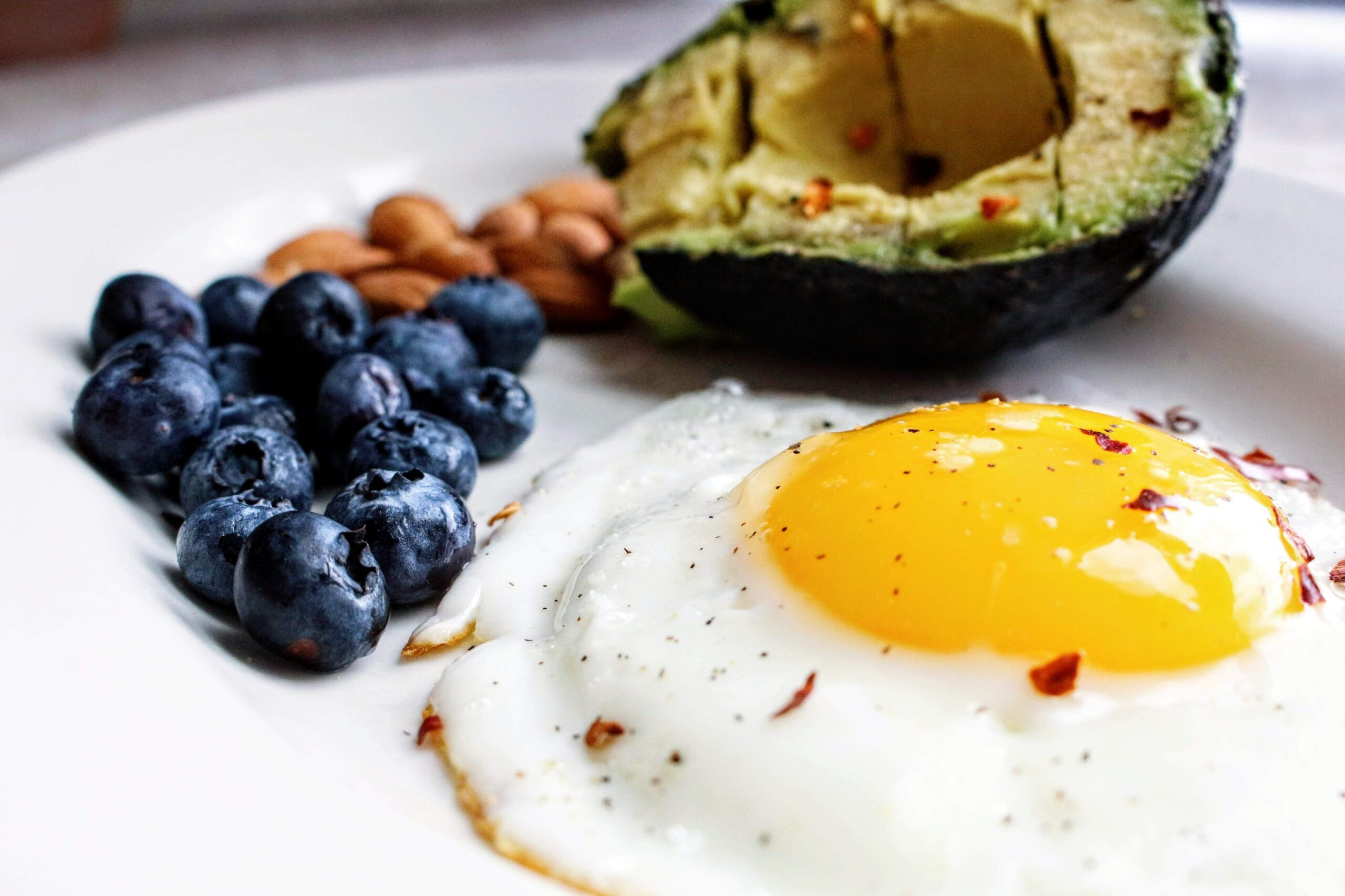The facts and truths in this article are currently being verified. Stay tuned.
A low carbohydrate, high fat, and moderate protein diet: it is the ketogenic diet! Many in the ketogenic world are observing and reporting better health: clearer thoughts, smoother skin, lowered Hba1c, lowered insulin, stabilized blood pressure, better heart function, better sight, sometimes lowered cholesterol, and a host of other health benefits, while all the while losing excess weight. From my observation and research however, there is something sinister lurking beneath the surface. Here I will discuss the truth of insulin resistance, and what is actually happening behind the scenes with those on the ketogenic diet.
Insulin is a non-steroid hormone needed for proper bodily function. Insulin resistance is when the body’s cells refuse to allow insulin to penetrate them and bring glucose in, causing an abnormal high presence of insulin amassing in the blood. This then results in an accumulation of glucose also lingering in the blood. When someone goes on the ketogenic diet and later gets a blood test, their insulin and blood glucose level may read normal. However, as you’re about to see, there may be more to the story than meets the eye.
The actual truth is : Insulin resistance and diabetes are not caused by consuming too much sugar and/or carbohydrates — they may be the results of consuming too much animal proteins and fats! Animal protein raises insulin, even more than sugar does. Proteins are amino acids — which are acids. Acids need to be buffered by alkaline minerals, such as magnesium. What that means is every time you eat animal protein, magnesium, potassium and other minerals are being depleted because they must buffer all those (amino) acids. A similar principle may apply to the (fatty) acids from certain fats we consume. Now insulin comes in to the rescue — to bring down your glucose back to “normal” and we think everything is okay! The constant flow of insulin comes at a price however. It has rough edges, and can wear our sensitive inner cavity apart.
– Milk causes insulin resistance
– Eggs cause insulin resistance
– Cheese causes insulin resistance
– Chicken causes insulin resistance
– Fish causes insulin resistance
– Steak causes insulin resistance
(In fact, an average serving of steak raises insulin more than 12 teaspoons of sugar!!!)
– Saturated fat causes insulin resistance
– Fish oil causes insulin resistance
– Polyunsaturated fats causes insulin resistance
– Omega-3 Fatty acids causes insulin resistance:
– DHA, ALA and EPA causes insulin resistance
– KETOSIS CAUSES INSULIN RESISTANCE.
Yes, even burning fat itself causes insulin resistance!
Okay, then the big question is: Why are glucose levels low when tested by those on the ketogenic diet?
Answer: The lack of sugar intake or the decrease in carbohydrates will keep the numbers low artificially. But the moment you consume these sugars a.ka., carbohydrates, the glucose/insulin level will spike right back up.
Insulin resistance is like a dormant volcano: even though it’s not acting up, it’s still a volcano. Even though glucose and insulin are not acting up on the ketogenic diet due to low sugar/carbohydrate intake, the problem is still there.
So, the ketogenic diet may actually make things worse in the long-run by us consuming so much artery-clogging, cell-receptor-clogging fats, eggs, milk, cheese, etc. Instead of creating insulin sensitivity, these proteins and fats are producing excess amino acids and fatty acids that are making our bodies more acidic and depleting us of the necessary alkaline minerals.
The bottom line is that sugars and carbohydrates do not cause insulin resistance — consuming them REVEALS insulin resistance! Insulin resistance may be the work of liver, gallbladder issues, and the excess animal protein and fats these organs cannot support.

If the aforementioned is correct i.e., animal products raise insulin, then: